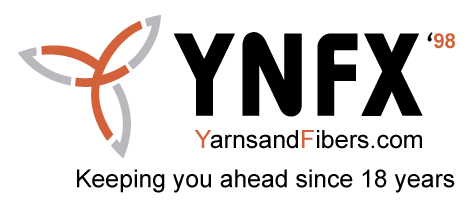Related Keywords: apparel, ATSC, Canada, fashion, fibre, ITKIB, marketing, Mills, TESTEX, Textile, Turkey
With Canada’s apparel market forecast to be worth almost 39 billion Canadian (29.66 billion U.S.) dollars by 2020 — a 20 percent increase from 2016 — representatives from more than 20 countries will convene in Toronto next month at the Apparel Textile Sourcing Canada (ATSC) 2019 show to present international trade opportunities to the booming Canadian apparel sector.

